
Innovation to reduce the global burden of infectious disease
We aim to optimise infectious disease prevention, control, and elimination by generating new evidence and providing innovative solutions that support clinical and public health decision making.
Our team develops strong multidisciplinary partnerships with clinical and public health decision makers to co-create and design research questions and programs, collaborate on the implementation and evaluation of research interventions, and explore the application of innovative methods and new technologies to disease prevention and control.
We have extensive experience with infectious diseases and clinical epidemiology, with a focus on neglected tropical diseases, emerging infectious diseases, antimicrobial resistance, vaccine-preventable diseases, travel medicine, global health, digital health, and implementation science. Our team members have expertise in operational research and field surveys, predictive risk mapping and modelling (spatial epidemiology), clinical trials, disease surveillance, systematic reviews and meta-analyses, and the use of novel methods to aid inference, including Bayesian network, machine learning, social network analysis and dynamic data visualisation tools.
Subject expertise
- Neglected Tropical Diseases – lymphatic filariasis & others
- Emerging Infectious Diseases – leptospirosis, arboviruses, & others
- Travel medicine –malaria prophylaxis, vaccines, health & wellbeing of travellers
- Other infectious diseases
Methodological expertise
- Field surveys – electronic data collection & management, field laboratories
- Spatial epidemiology & predictive risk mapping & modelling
- Eco-epidemiology – environmental & sociodemographic drivers of disease transmission
- Clinical epidemiology, including clinical trials in travel clinic settings
- Surveillance
- Systematic reviews & meta-analyses
- Bayesian networks
- Novel epidemiological methods – machine learning, social network analysis, interactive & dynamic data visualisation tools
Adjuncts
Affiliates
 Professor Patricia Graves (James Cook University)
Professor Patricia Graves (James Cook University)
 Professor Paul Jagals (Child Health Research Centre, UQ)
Professor Paul Jagals (Child Health Research Centre, UQ)
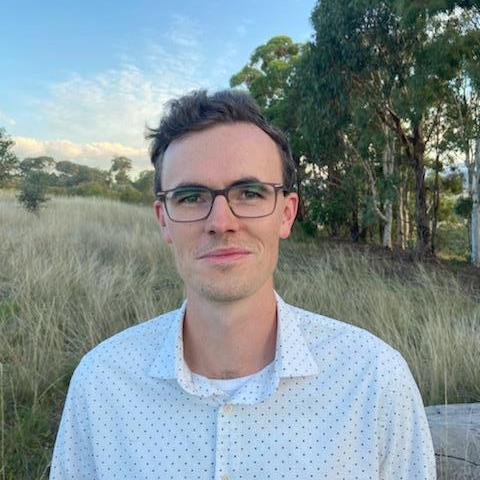 Dr Angus McLure (Australian National University)
Dr Angus McLure (Australian National University)
 Lt Col Brady McPherson (Australian Defence Force Malaria and Infectious Disease Institute)
Lt Col Brady McPherson (Australian Defence Force Malaria and Infectious Disease Institute)
 Dr Aminath Shausan (CSIRO E-Health)
Dr Aminath Shausan (CSIRO E-Health)
 Associate Professor Meru Sheel (The University of Sydney)
Associate Professor Meru Sheel (The University of Sydney)
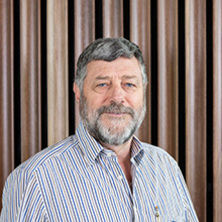 Professor Peter Sly (Child Health Research Centre, UQ)
Professor Peter Sly (Child Health Research Centre, UQ)
 Professor Emma McBryde (Australian Institute of Tropical Health and Medicine, JCU)
Professor Emma McBryde (Australian Institute of Tropical Health and Medicine, JCU)
Current students
 Dr Beatris Martin (PhD, UQ Centre for Clinical Research): Spatio-temporal epidemiology of vector-borne diseases in the Dominican Republic
Dr Beatris Martin (PhD, UQ Centre for Clinical Research): Spatio-temporal epidemiology of vector-borne diseases in the Dominican Republic
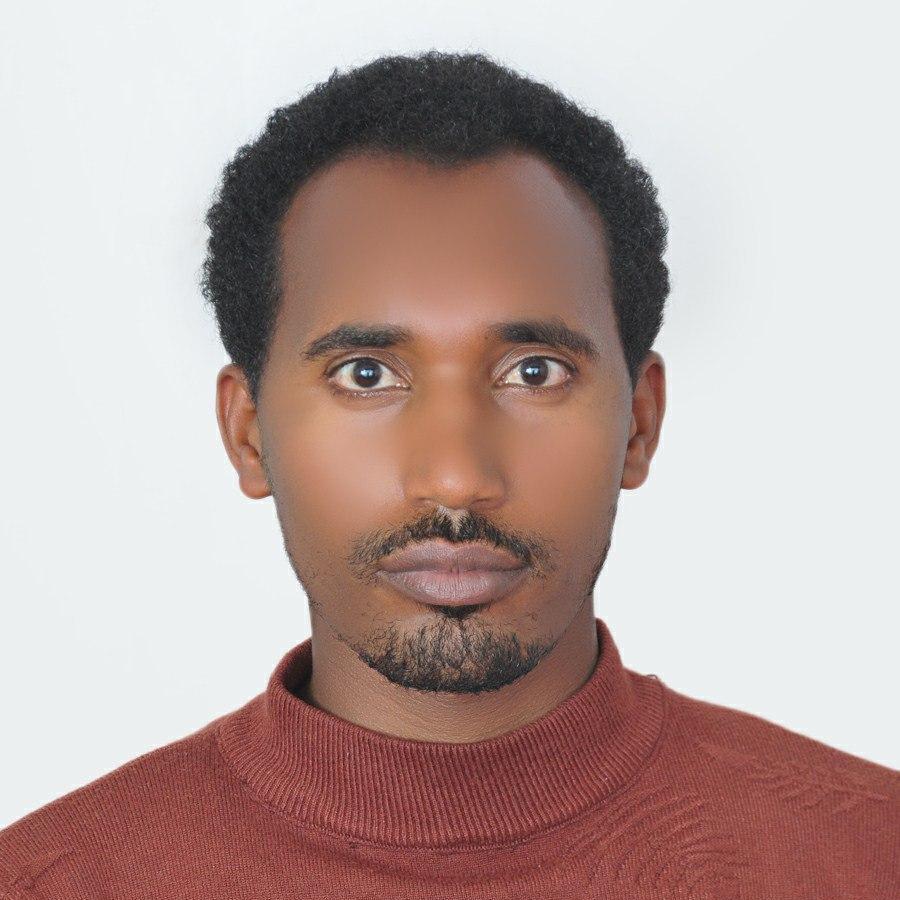 Wondimeneh Shiferaw (PhD, UQ Centre for Clinical Research): Assessing risk of importation of sexually transmitted infections into Australia by international travellers
Wondimeneh Shiferaw (PhD, UQ Centre for Clinical Research): Assessing risk of importation of sexually transmitted infections into Australia by international travellers
 Selina Ward (PhD, UQ Centre for Clinical Research) - Integrated Surveillance of Neglected Tropical Diseases and Vaccine-Preventable Diseases
Selina Ward (PhD, UQ Centre for Clinical Research) - Integrated Surveillance of Neglected Tropical Diseases and Vaccine-Preventable Diseases
 Thomas Callaghan (PhD, UQ School of Veterinary Sciences): A big data food-chain approach to the epidemiology of zoonotic foodborne illness in Queensland
Thomas Callaghan (PhD, UQ School of Veterinary Sciences): A big data food-chain approach to the epidemiology of zoonotic foodborne illness in Queensland
 Nicky Foxlee (PhD, ANU School of Population Health, NCEPH): Developing Pathways to Improving Antibiotic Stewardship in Vanuatu
Nicky Foxlee (PhD, ANU School of Population Health, NCEPH): Developing Pathways to Improving Antibiotic Stewardship in Vanuatu
 Jemma Rowlands (PhD, School of Public Health): Enhancing infectious disease surveillance through the integration of routinely collected data
Jemma Rowlands (PhD, School of Public Health): Enhancing infectious disease surveillance through the integration of routinely collected data
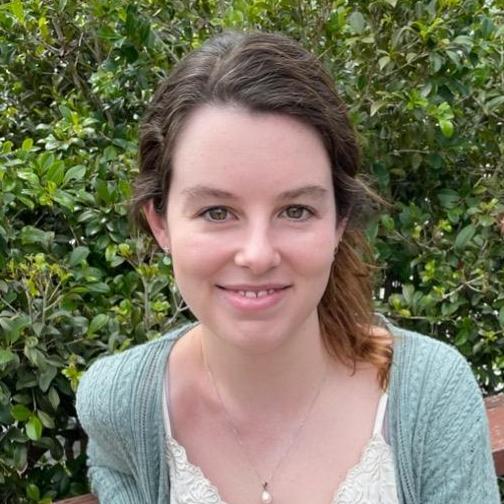 Jane Sinclair (PhD, UQ School of Chemistry and Molecular Biosciences): The long-term cardiovascular complications of COVID-19
Jane Sinclair (PhD, UQ School of Chemistry and Molecular Biosciences): The long-term cardiovascular complications of COVID-19
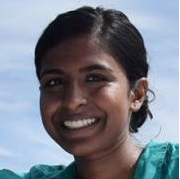 Ama Wakwella (PhD, UQ Centre for Biodiversity and Conservation Science): Delivering human and ecosystem health co‐benefits through integrated watershed management: improving disease prevention, fisheries, and marine environments in Fiji
Ama Wakwella (PhD, UQ Centre for Biodiversity and Conservation Science): Delivering human and ecosystem health co‐benefits through integrated watershed management: improving disease prevention, fisheries, and marine environments in Fiji
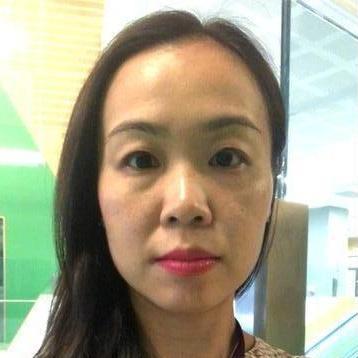 Dr Sophie Wen (PhD, UQ Medical School): Gram negative blood stream infections in children
Dr Sophie Wen (PhD, UQ Medical School): Gram negative blood stream infections in children
 Kim Dianne Ligue (PhD, UQ Centre for Clinical Research): Using Machine Learning for Epidemiological Research on the African Swine Fever Epidemic in the Philippines
Kim Dianne Ligue (PhD, UQ Centre for Clinical Research): Using Machine Learning for Epidemiological Research on the African Swine Fever Epidemic in the Philippines
 Holly Jian (Visiting Research Student, Masters of Applied Epidemiology, ANU School of Population Health, NCEPH)
Holly Jian (Visiting Research Student, Masters of Applied Epidemiology, ANU School of Population Health, NCEPH)
 Fan Yu (PhD, UQ Centre for Clinical Research): Epidemiology and burden of rotavirus infections in Australia
Fan Yu (PhD, UQ Centre for Clinical Research): Epidemiology and burden of rotavirus infections in Australia
Jin Cao (PhD, Child Health Research Centre): Climate and Environmental Change, Water Security, and Children's Vulnerability
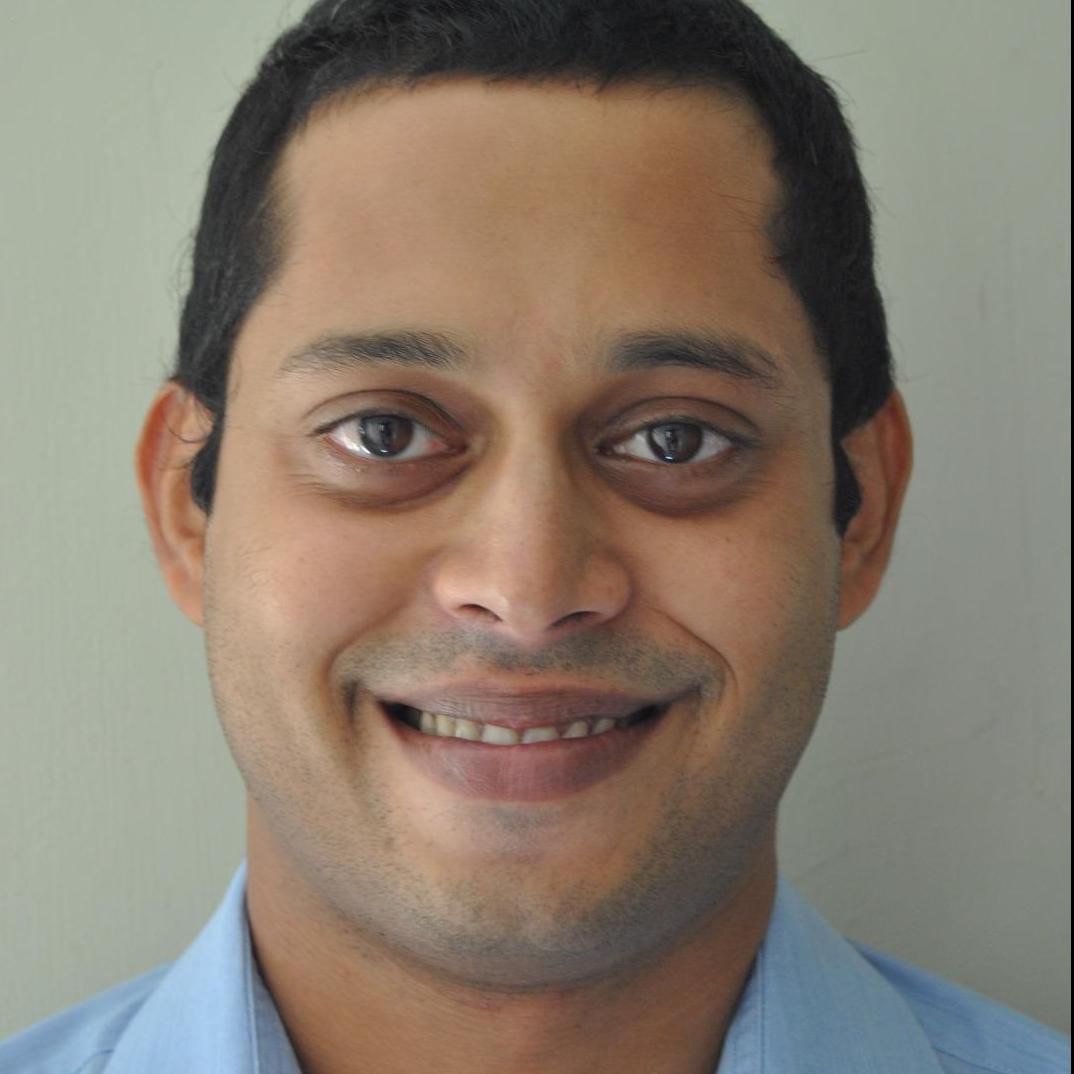 Amar Teeluck (PhD, UQ Centre for Clinical Research): Modelling the Effect of a Changing Climate on the Re-emergence of Mosquito Borne Diseases in Mauritius
Amar Teeluck (PhD, UQ Centre for Clinical Research): Modelling the Effect of a Changing Climate on the Re-emergence of Mosquito Borne Diseases in Mauritius
 Indah Amelia (PhD, UQ Centre for Clinical Research): Integration of serological surveillance for Vaccine-Preventable Diseases and Non Communicable Diseases into national health screening program in Indonesia
Indah Amelia (PhD, UQ Centre for Clinical Research): Integration of serological surveillance for Vaccine-Preventable Diseases and Non Communicable Diseases into national health screening program in Indonesia
 Gabriel Parker (PhD, UQ Centre for Clinical Research): Quantifying Climate Changes Impact on Infectious Disease Burden in Queensland
Gabriel Parker (PhD, UQ Centre for Clinical Research): Quantifying Climate Changes Impact on Infectious Disease Burden in Queensland
 Alemu Belete (PhD, UQ Centre for Clinical Research): Investigating the effect of climatic change on malaria in Ethiopia: A focus on distribution and transmission dynamics, persistence, adaptation strategies and public health intervention
Alemu Belete (PhD, UQ Centre for Clinical Research): Investigating the effect of climatic change on malaria in Ethiopia: A focus on distribution and transmission dynamics, persistence, adaptation strategies and public health intervention
We collaborate with a variety of partner organisations. These include the World Health Organization, US Centers for Disease Control and Prevention, Ministries of Health and governments, and many leading universities and research institutions including Harvard, Yale, and London School of Hygiene & Tropical Medicine.
Australian partners include:
- Australian National University, James Cook University, University of Melbourne, University of NSW, Curtin University
- Australian Partnership for Preparedness Research on Infectious Disease Emergencies
- Australian Defence Force Malaria Infectious Diseases Institute (ADFMIDI) and the
- Australian Centre for the Control and Elimination of Neglected Tropical Diseases
- La Trobe University
- QIMR Berghofer
- Queensland Health
- Travel Medicine Alliance
- Clinical Research & Evidence Synthesis at Travel Medicine Alliance
We have a number of current international study partnerships in Samoa, American Samoa, Fiji, and the Dominican Republic.
International partners include:
- Harvard University
- London School of Hygiene and Tropical Medicine
- Task Force for Global Health, and Coalition for Operational Research on Neglected Tropical Diseases (COR-NTD)
- US Centers for Disease Control and Prevention
- Samoa Ministry of Health
- American Samoa Department of Health
- Dominican Republic Ministry of Health
Across our research team we have multiple student research projects available. Some examples are listed below, but please feel free to contact our team to discuss other options.
Higher Degree by Research - Available projects
- Integrated surveillance of neglected tropical diseases and vaccine preventable diseases in Samoa
- Epidemiology of notifiable diseases in Australia
- Vaccine preventable diseases in travellers
- Decision support tools for COVID-19 vaccines
Associate Professor Benn Sartorius
- Creating a synthetic population for trialling spatial sampling strategies for eliminating infectious disease
- Modelling and mapping current and future distribution and transmission pathways of Australian mosquito-borne diseases
- Modelling and mapping vaccine preventable disease dynamics (incidence, immunity, and vaccine coverage) in Samoa
Associate Professor Benn Sartorius (and Dr Jessica Chellappah, ADF)
- Longitudinal tracking of cardiovascular disease and diabetes risk factors among Papua New Guinea (PNG) Defence Force from different locations within PNG.
ODeSI working with consumers to combat lymphatic filariasis in the Pacific
Emory University and UQ partnership funds mosquito-borne disease and childhood cancer research
The ODeSI team have supported the modelling and interactive interface aspect of the long COVID calculator, a new tool for GPs to evaluate a patients' risk for developing long COVID-19 six months post-infection. (8 August, 2024)
Integrated strategies for disease surveillance in the Pacific Islands – Niue
This formative research project aims to investigate the prevalence of Lymphatic filariasis, and other eliminated, near-eliminated and priority neglected tropical, vaccine-preventable and vector-borne diseases in Niue In addition, it will attempt to define what factors support the efficient, effective and sustainable implementation of integrated infectious disease surveillance in Pacific Island settings, as well as determine the costs of implementing integrated surveillance compared to disease-specific approaches.
Lead: Dr Adam Craig, Senior Research Fellow, Operational Research and Decision Support for Infection Diseases (ODeSI) Program, The University of Queensland, Brisbane, Australia
GSK Immunisation Awards 2024
The GSK Immunisation Awards have been developed to reward innovation that improves coverage and timely delivery of childhood, adolescent and adult immunisation. This year’s four winners were announced at the 2024 Communicable Diseases & Immunisation Conference dinner on June 12, 2024. Dr Luis Furuya Kanamori led a team which also included Prof Colleen Lau, Dr Helen Mayfield, Mr Wondimeneh Shiferaw and Dr Hongen Lu from UQ and external co-investigators Dr Deborah Mills, Dr Brian Johnson, Dr Narayan Gyawali, Dr Yan Zhu, Dr Sarah McGuinness, and Dr Jenny Visser. The team will use the Award to develop a Risk-Benefit Analysis Tool for Yellow Fever (YF) Vaccine. YF continues to affect over 100,000 individuals annually in endemic areas, and poses a significant risk to unvaccinated international travellers to South America and Africa (170/100,000 YF cases per month of travel, with 40% case-fatality rate).
New survey on lymphatic filariasis - kulokula fua in Tonga, Thursday, May 30, 2024
COR-NTD Meeting for the Pacific Islands, Brisbane, September 25-26, 2024
Southern Cross Travel Medicine and Tropical Medicine Conferences, Brisbane, 27-29 September 2024
Southern Cross Travel Medicine and Tropical Medicine Conferences, Sydney, 1-3 September 2023
COVID-19 chart updated with Omicron risk of death, benefits of boosters (26 January 2022)
COVID-19 risks explained with new tool, Online tool helps assess risks from COVID-19 and vaccination, and Australian researchers launch COVID-19 calculator that assesses your risk from the virus (25 October, 2021)
NSW and Victoria admit they won’t get back to COVID-zero. What does this mean for a ‘fractured’ Australia? (13 September, 2021)
What is life going to look like once we hit 70% vaccination? (7 September, 2021)
National app maps COVID alerts across Australia and New coronavirus app shows real-time updates on hot spots across Australia (1 July, 2021)
Optimising disease detection in an interconnected world (21 May, 2021)
The ODeSI seminar series “Infectious Insights” is held monthly on the second Tuesday of each month from 12 pm – 1 pm, running from April to November. National and international guest speakers will lead discussions exploring the epidemiology, impact and response to different communicable diseases, and present on the latest developments and research in the field.
Attend in-person at UQCCR Auditorium, Level 2, UQCCR, Herston, or online via Zoom: https://uqz.zoom.us/s/85841209930.
Contacts: Gail Kenny, g.kenny@uq.edu.au
Upcoming seminars
- 13 August 2024: A/Prof Nigel Beebe, School of the Environment, The University of Queensland
Topic: Malaria vectors of the Southwest Pacific: the stories mosquito hold in their DNA
- 10 September 2024: Professor Paul Jagals, Director, WHO Collaborating Centre for Children's Health and the Environment, Child Health Research Centre, The University of Queensland
Topic: Shifting the paradigm about environment and environmental health for infectious disease prevention and enhanced health security
- 8 October 2024: Dr Teresa Wozniak, Team leader, CSIRO
Topic: AMR: how big an issue is it and what can be done in response?
Previous seminars
- 9 July 2024: Dr Nicolas Smoll, Public Health Physician, Sunshine Coast Hospital and Health Service
Topic: Burden of disease of RSV, COVID-19 and Influenza on the Sunshine Coast since 2022
- 10 June 2024: Prof Emma McBryde
Topic: Forecasting vector-borne diseases dynamics using meteorological variables and mechanistic models
- 14 May 2024: A/Prof Stephen Lambert
Topic: Combatting respiratory syncytial virus (RSV): a pathway forward for Queensland















